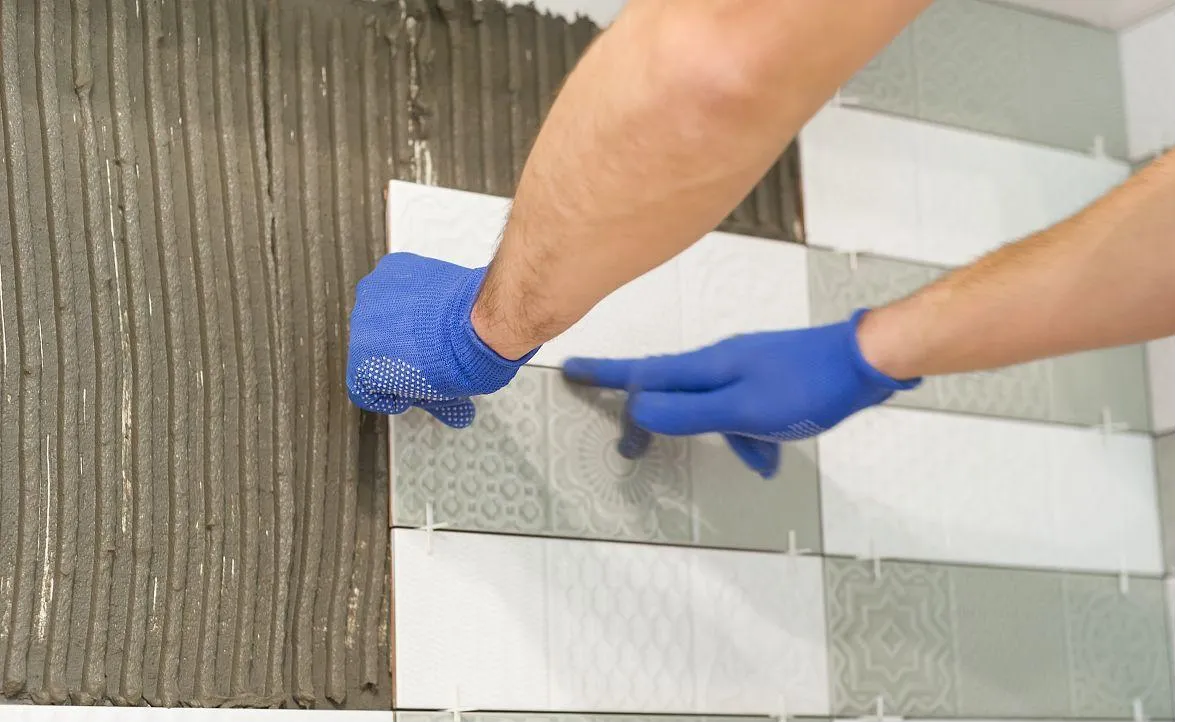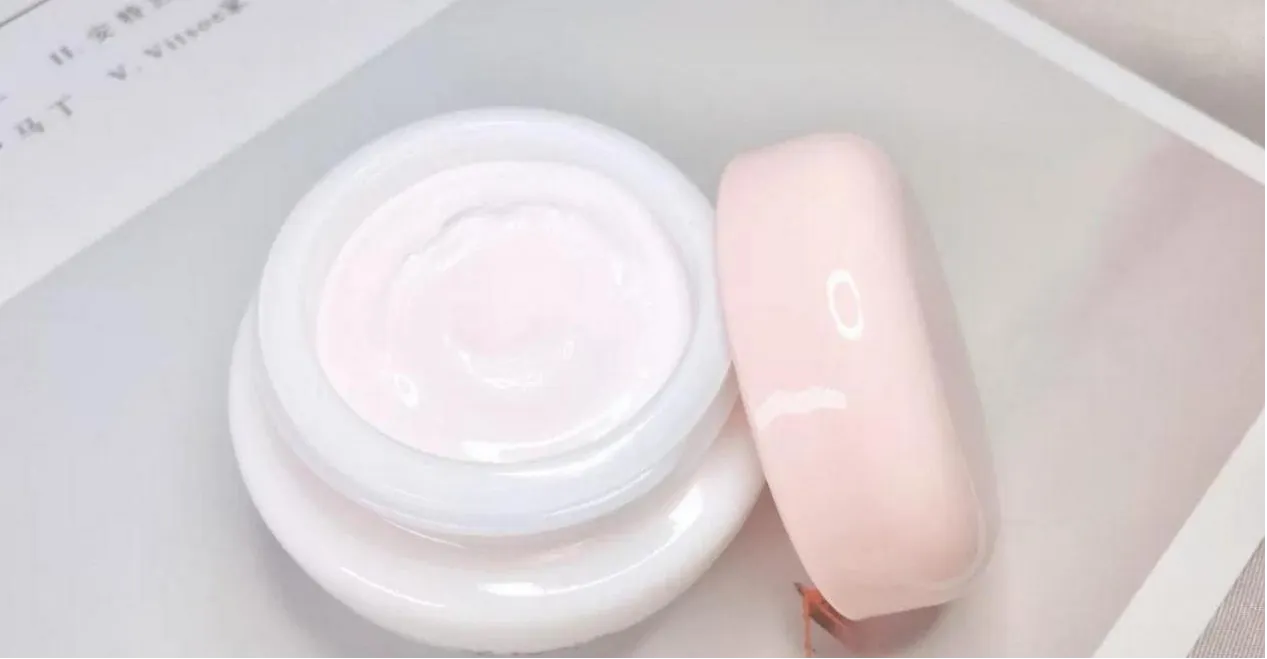
Unlocking the Versatility of Modified Starches in Cosmetics and Pharmaceuticals
These modified starches serve as thickeners, stabilizers, film formers, and delivery agents in countless formulations.

The Rise of Hydroxypropyl and Hydroxyethyl Starch in Modern Formulations
In recent years, starch derivatives have become increasingly popular in personal care, food, and pharmaceutical industries due to their multifunctional properties and biodegradability. Among the most widely used derivatives are hydroxypropyl starch ether, 6 hydroxyethyl starch, 그리고 hydroxyethyl starch 130 0.4.
Hydroxypropyl starch ether is widely used in construction materials such as dry-mix mortars, tile adhesives, and plasters due to its excellent water retention and workability-enhancing properties. However, its functionality also extends into cosmetics, where its texture-modifying ability contributes to pleasant skin feel in creams and lotions.
Meanwhile, 6 hydroxyethyl starch and hydroxyethyl starch 130 0.4 are hydroxyethylated corn or potato starch derivatives used primarily in the medical field as plasma volume expanders. These materials are known for their high biocompatibility and stability in intravenous therapies. The number “130 0.4” refers to the molecular weight and degree of substitution, which are essential for determining their pharmacokinetic behavior and safety profile.

Starch Derivatives in Personal Care: Hair and Skin Benefits
Starch-based ingredients are now essential components in the personal care sector, with variants like hydroxypropyl distarch phosphate E1442, hydroxypropyl starch phosphate in hair products, 그리고 hydroxypropyl starch phosphate for skin gaining widespread attention.
Hydroxypropyl distarch phosphate E1442 is a modified starch approved as a food additive and used in both culinary and cosmetic formulations. In skincare, it improves texture, spreads easily, and acts as a film-forming agent that helps lock in moisture.
The use of hydroxypropyl starch phosphate in hair products has become particularly notable in formulations for curly or frizzy hair. Its film-forming nature provides curl definition, reduces frizz, and enhances shine. More specifically, hydroxypropyl starch phosphate curly hair formulas are tailored to maintain hair hydration and manageability, making them a go-to choice for sulfate-free, silicone-free product lines.
When it comes to skincare, hydroxypropyl starch phosphate for skin offers soothing properties, lightweight consistency, and non-comedogenic behavior. It’s often used in products aimed at sensitive skin or oily complexions, where it provides a matte finish and soft-touch texture without clogging pores.
A related compound, sodium hydroxypropyl starch phosphate, adds to the functionality of creams, lotions, and sunscreens. As a sodium salt version, it boosts product stability, enhances spreadability, and works synergistically with other emulsifiers and actives.
The production and global supply of these advanced starches are handled by numerous specialty chemical suppliers. Among them, HPS Company stands out as a key player in hydroxypropyl starch innovation. Known for its R&D capabilities and sustainable sourcing, HPS Company supplies raw materials to major cosmetic, food, and pharmaceutical manufacturers around the world.
Meeting the Growing Demand for Eco-Friendly and Effective Ingredients
As consumer awareness of ingredient safety and sustainability grows, demand for natural yet functional additives like hydroxypropyl starch ether and hydroxypropyl distarch phosphate E1442 is increasing rapidly. These ingredients offer a perfect balance between performance and biodegradability, making them highly attractive for clean-label and eco-conscious brands.
In summary, from medical applications like hydroxyethyl starch 130 0.4 to beauty-enhancing solutions like hydroxypropyl starch phosphate curly hair, starch derivatives are shaping the future of safe, effective, and eco-friendly formulations. Companies like HPS Company are leading the innovation curve, helping brands across industries meet modern consumer demands.
Product FAQ Section: Modified Starch Applications
FAQ: What is Hydroxypropyl Starch Ether Used For?
Q1: In what industries is hydroxypropyl starch ether used?
A: Hydroxypropyl starch ether is used in construction (tile adhesives, mortars), food, and cosmetic products as a thickener and stabilizer.
Q2: Is it safe for cosmetic use?
A: Yes, it is considered safe and skin-friendly, often used to improve the texture and feel of lotions and creams.
FAQ: Medical Use of Hydroxyethyl Starch
Q1: What does "hydroxyethyl starch 130 0.4" mean?
A: It refers to a modified starch with a molecular weight of 130 kDa and a molar substitution of 0.4, used in intravenous therapy as a plasma volume expander.
Q2: Is hydroxyethyl starch safe for everyone?
A: It’s used under medical supervision and not recommended for patients with certain kidney or coagulation disorders.
FAQ: Benefits of Hydroxypropyl Starch Phosphate in Hair Products
Q1: How does hydroxypropyl starch phosphate benefit curly hair?
A: Hydroxypropyl starch phosphate curly hair products provide curl definition, reduce frizz, and enhance softness without heavy residue.
Q2: Does it work for all hair types?
A: It’s best suited for wavy and curly hair but can be used in lightweight volumizing formulas for straight hair as well.
FAQ: Hydroxypropyl Starch Phosphate for Skin Care
Q1: Why is hydroxypropyl starch phosphate good for skin?
A: It helps absorb excess oil, leaves a smooth finish, and is gentle enough for sensitive skin.
Q2: Is it comedogenic?
A: No, it is non-comedogenic and ideal for formulations targeting acne-prone or oily skin types.
FAQ: About HPS Company and Supply Chain
Q1: What does HPS Company specialize in?
A: HPS Company is a global supplier of starch-based derivatives like hydroxypropyl starch phosphate, offering raw materials for cosmetics, food, and pharma.
Q2: Are their products eco-friendly?
A: Yes, HPS emphasizes biodegradable, plant-based sourcing and advanced processing techniques that meet global safety standards.
-
Unlocking the Value of Cellulose: Types, Derivatives, and Industrial Applications소식Aug.07,2025
-
Unlocking the Power of Cellulose: Types, Applications, and Future Innovations소식Aug.07,2025
-
Understanding HPMC: Properties, Applications, and Market Insights소식Aug.07,2025
-
The Versatility and Industrial Value of Cellulose-Based Materials소식Aug.07,2025
-
Hydroxypropyl Methyl Cellulose (HPMC): Uses, Grades & Construction Benefits소식Aug.07,2025
-
Exploring the World of Cellulose: Types, Derivatives, and Industrial Uses소식Aug.07,2025





















